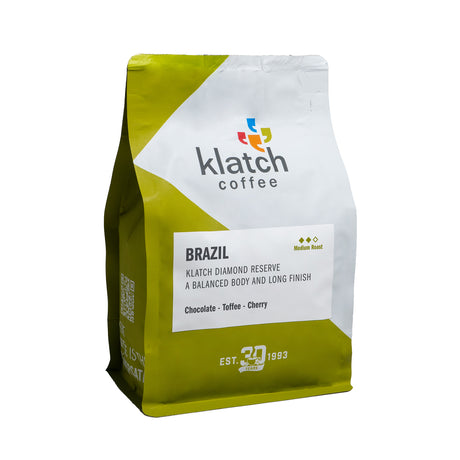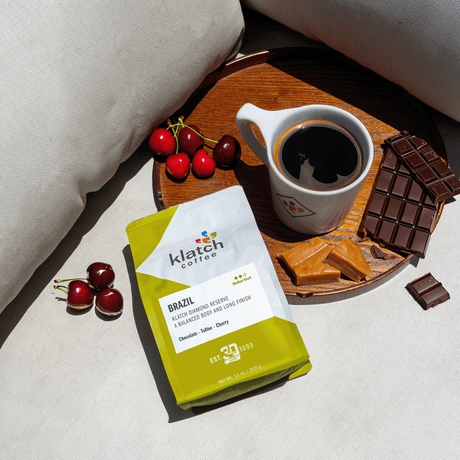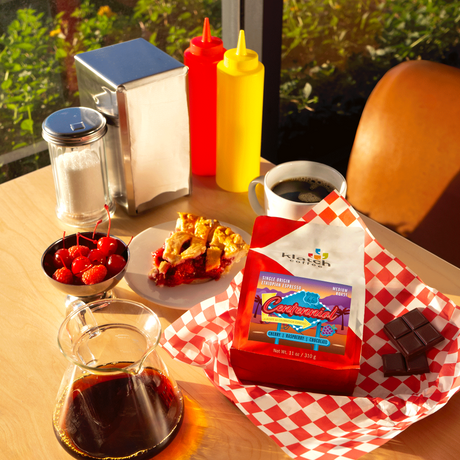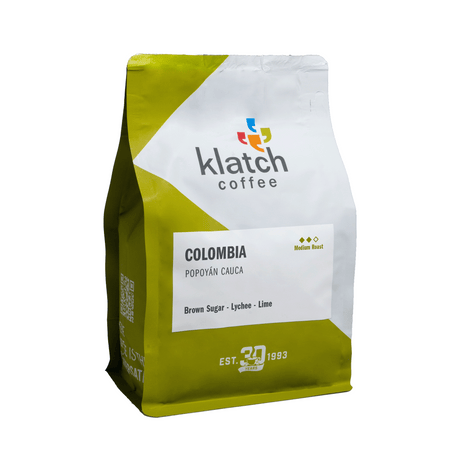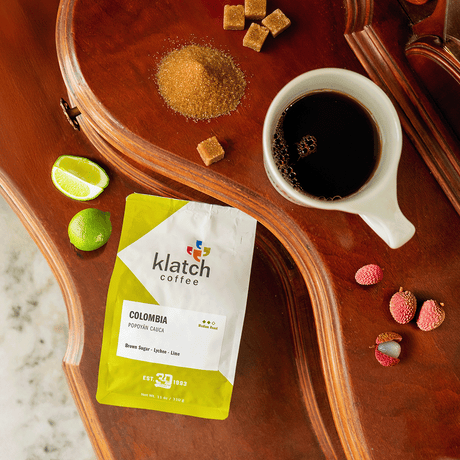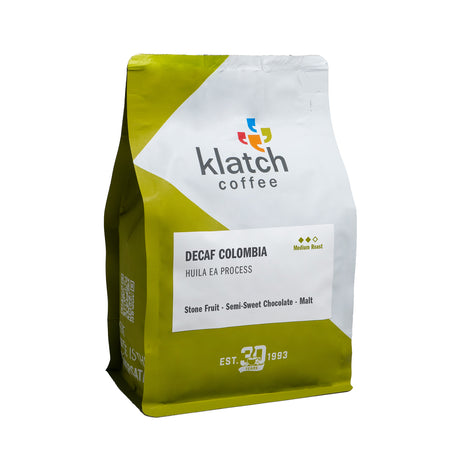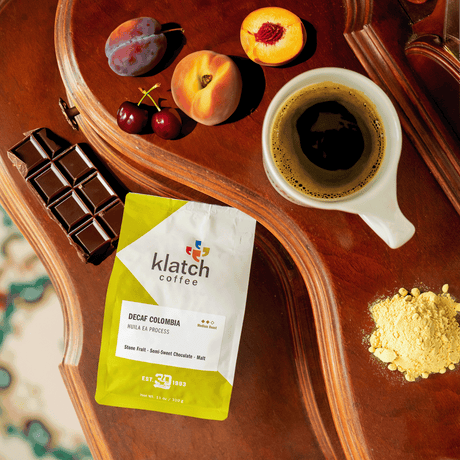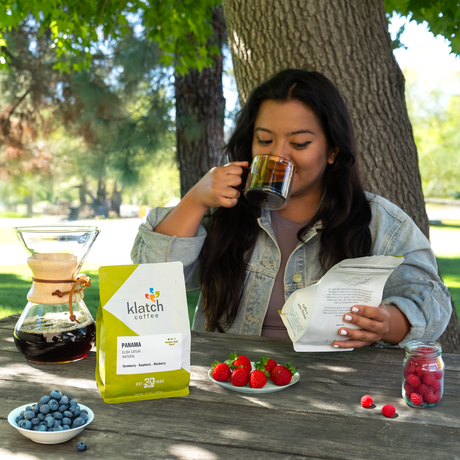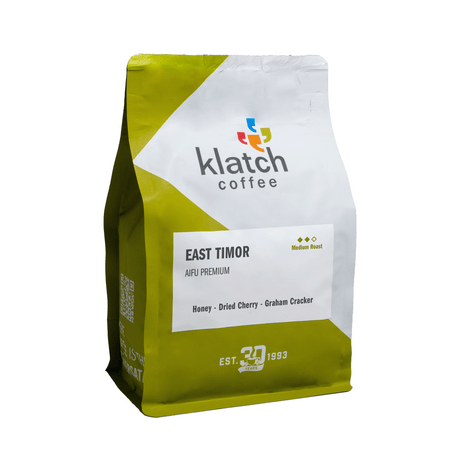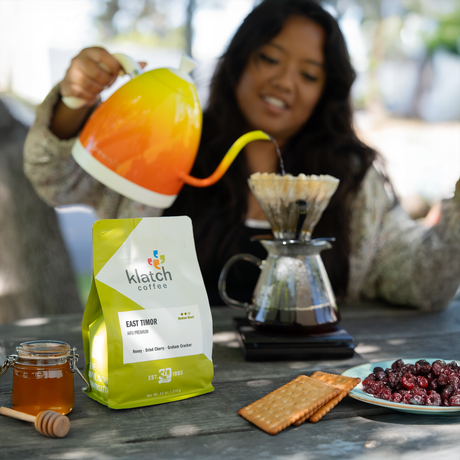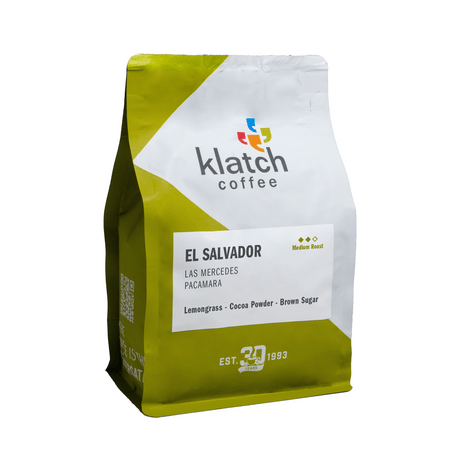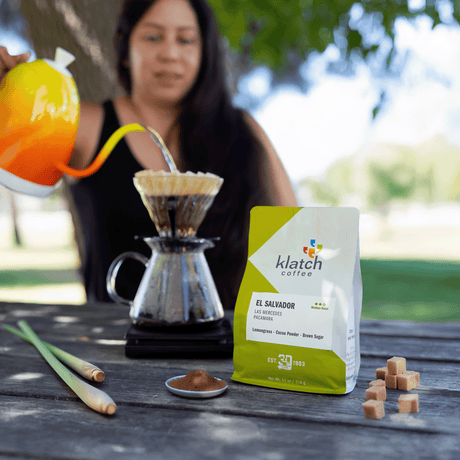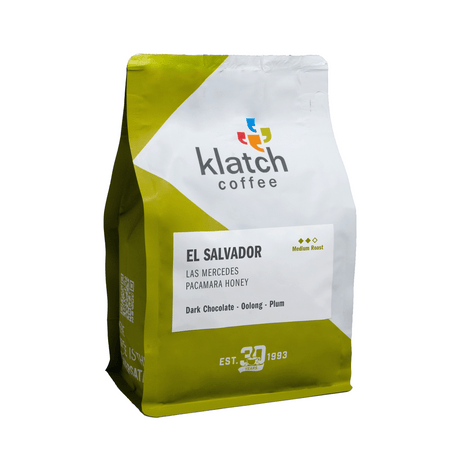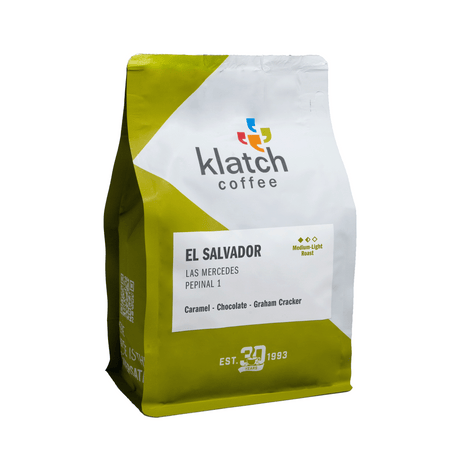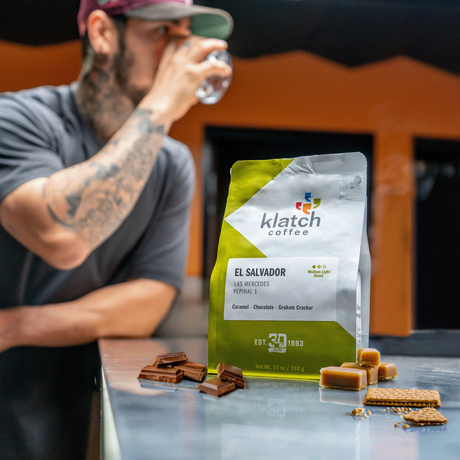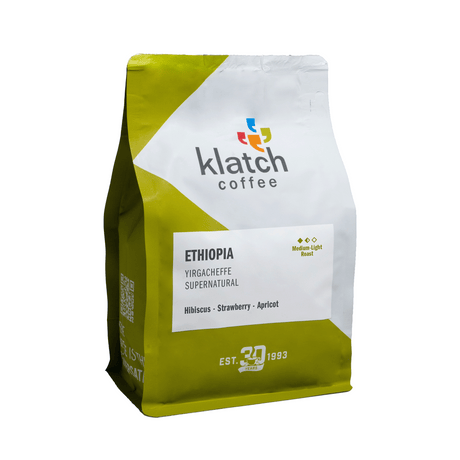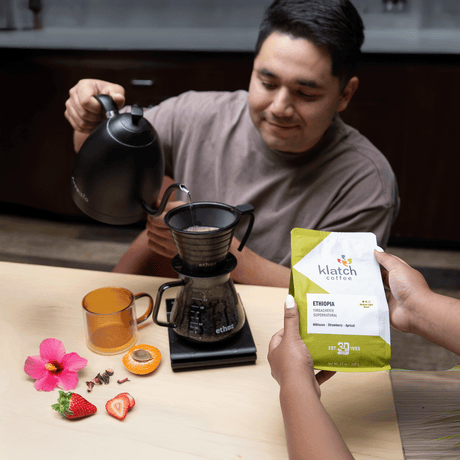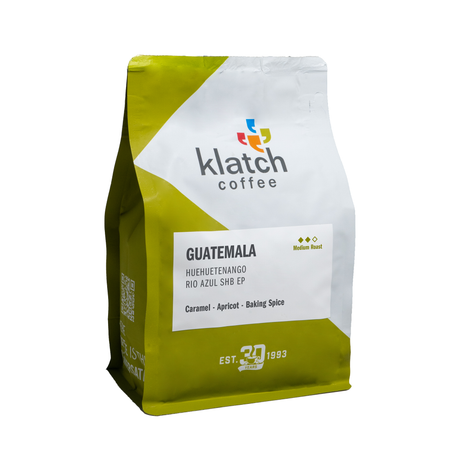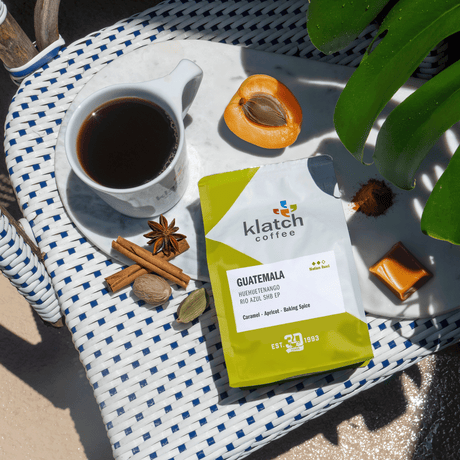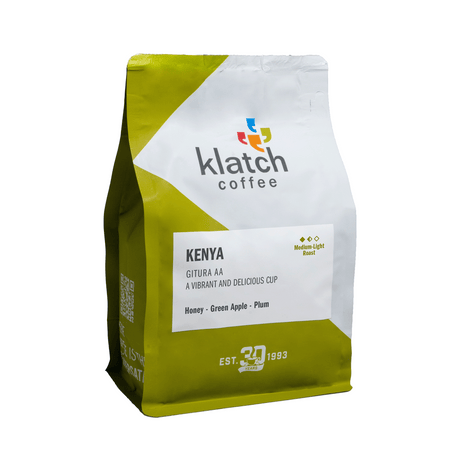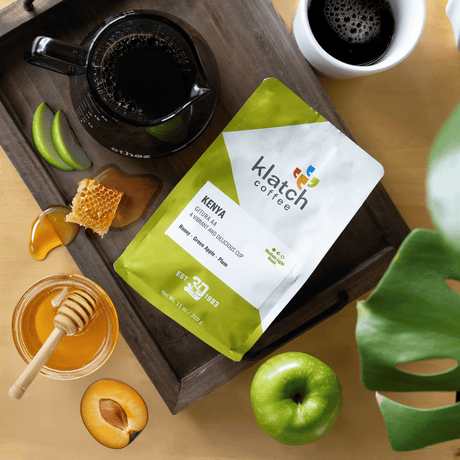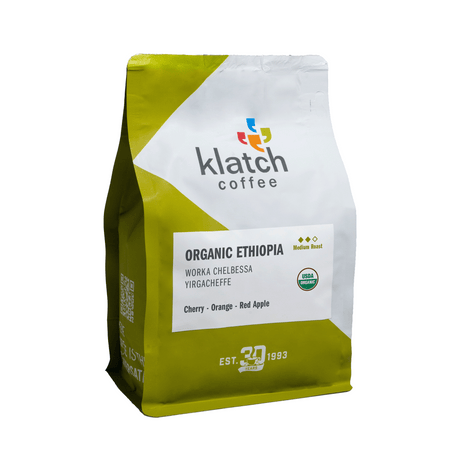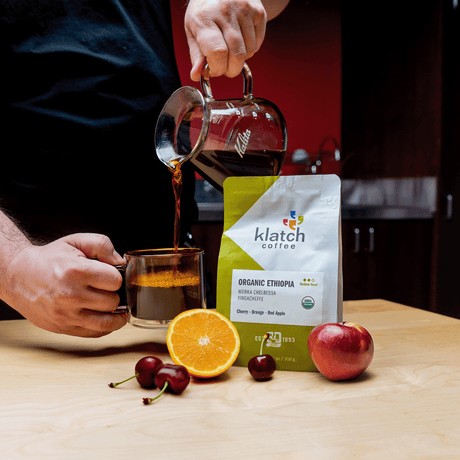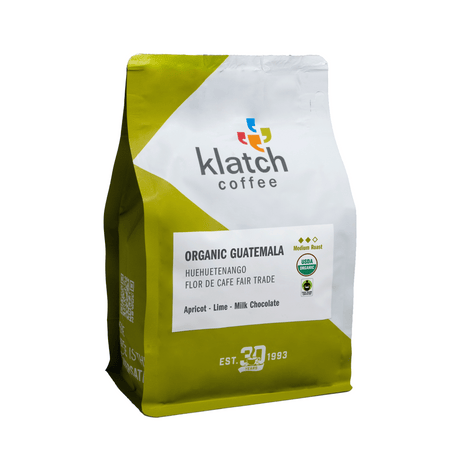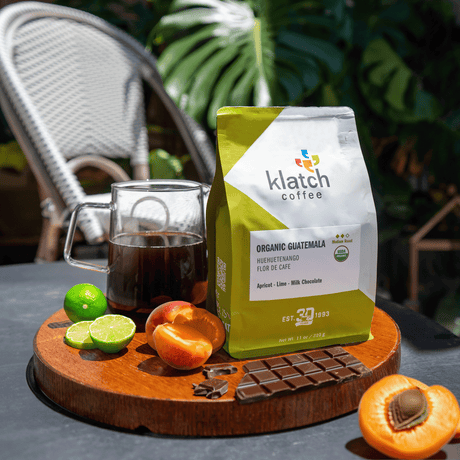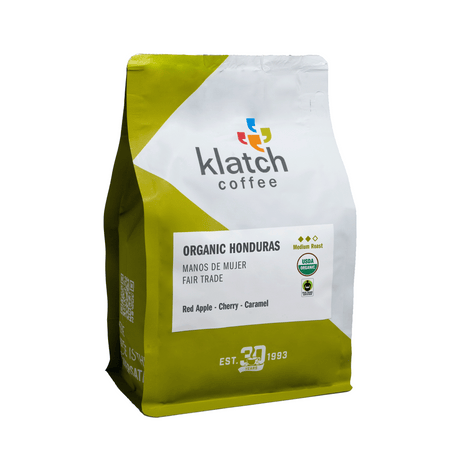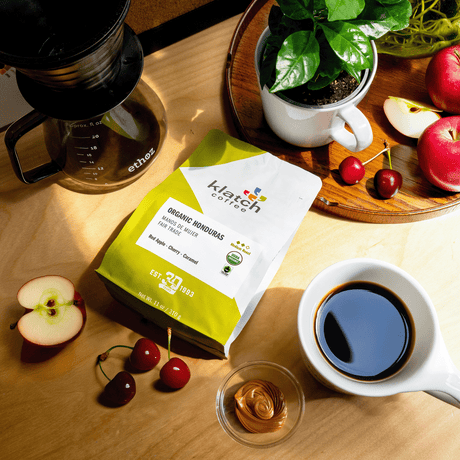Single Origin Coffees
Because they're sourced from one region or farm, single origin coffees can have a more complex and specific flavor profile compared to blends. Every bean is grown in the same soil and climate, and is processed and roasted identically. For this reason, single origin coffee is prized for flavor and aroma.
chocolate - toffee - cherry
Regular price From $1995Unit price /UnavailableCentennial: A Route 66 Celebration Espresso
cherry - raspberry - chocolate
Regular price From $2295Unit price /Unavailablebrown sugar - lychee - lime
Regular price From $1995Unit price /Unavailablestone fruit - semi-sweet chocolate - malt
Regular price From $1995Unit price /Unavailablehoney - dried cherry - graham cracker
Regular price From $2195Unit price /UnavailableEl Salvador Las Mercedes Pacamara
lemongrass - cocoa powder - brown sugar
Regular price From $2295Unit price /UnavailableEl Salvador Las Mercedes Pacamara Honey
dark chocolate - oolong - plum
Regular price From $2295Unit price /UnavailableEl Salvador Las Mercedes Pepinal 1
caramel - chocolate - graham cracker
Regular price From $2295Unit price /UnavailableEthiopia Yirgacheffe Supernatural
hibiscus - strawberry - apricot
Regular price From $2495Unit price /UnavailableGuatemala Huehuetenango Rio Azul SHB EP
caramel - apricot - baking spice
Regular price From $1995Unit price /UnavailableOrganic Decaf Peru Cecanor Fair Trade Select Water Process
honey - chocolate - caramel
Regular price From $2495Unit price /UnavailableOrganic Ethiopia Worka Chelbessa Yirgacheffe
cherry - orange - red apple
Regular price From $2195Unit price /UnavailableOrganic Guatemala Huehuetenango Flor De Cafe Fair Trade
apricot - lime - milk chocolate
Regular price From $2195Unit price /UnavailableOrganic Honduras Manos De Mujer Fair Trade
red apple - cherry - caramel
Regular price From $2195Unit price /UnavailableOrganic Sumatra Rahmat Kinara Mandheling Fair Trade Grade 1
brown sugar - cranberry - dark chocolate
Regular price From $2195Unit price /Unavailable

